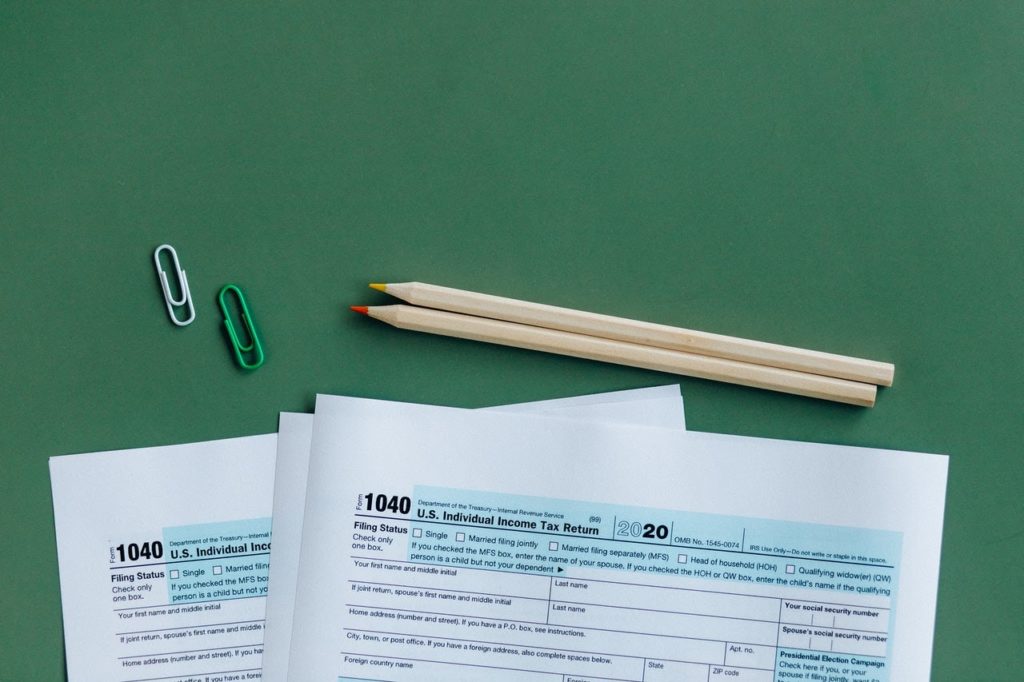
Tax season is in full swing for millions of people. Even though the coronavirus pandemic has led some regulatory agencies like the U.S. Internal Revenue Service to extend the filing deadline for 2020 returns, many prefer to finish their taxes as quickly as possible to potentially get a return.
The popularity of cryptocurrency means many taxpayers have a new asset class to incorporate into their filings.
Tax authorities are now taking a more stringent look at crypto holders and traders. The IRS has issued revised instructions for tax filers in the last couple of years and now directly asks on the 1040 form if a taxpayer received, sold, sent,m exchanged, or otherwise acquired any “financial interest in any virtual currency.”
Crypto holders understandably now pay closer attention to their tax returns as regulatory agencies both clear up questions about digital asset classification and express greater interest in hunting down crypto tax cheats. In March, the IRS sent a “John Doe’ summons to Kraken and issued another to Circle in early April to get specific user information.
Fortunately, there are a number of ways crypto holders can calculate taxes based on their earnings and present accurate information to pertinent authorities. Here are five different options any investor can rely on.
Use A Crypto Tax Software
Crypto-focused tax software is increasingly popular among those unwilling to fork over large amounts of money to an accountant. A crypto solution like CryptoTaxCalculator charges a yearly subscription fee to import and categorize transaction histories to generate tax reports. All a user needs to do is connect exchange data or public wallet address after making an account. CryptoTaxCalcuator supports more than 100 exchanges and a wide range of transactions, including trades on decentralized exchanges, staking rewards, airdrops, mining rewards, ICOs, OTCs, and lost/stolen funds.
Hire A Dedicated Accountant
Crypto-related tax laws often change quickly and can be very confusing. Accountants with an emphasis on cryptocurrency transactions can take a user’s activity reports, convey information about responsibilities, and file a tax return on behalf of a crypto investor. This option remains the most expensive based on the accounting expertise needed to keep up with detailed tax rules and regulations surrounding crypto.
Calculate By Yourself
Users who have just a few transactions across the year can save money by handling the crypto portion of their taxes by themself. Many software programs like TurboTax make it simple to manually enter the details of each crypto transaction and then calculate tax obligation. Due to how much information some transactions require, this strategy is only best for those who keep good records of when they bought and sold coins.
Rely On Traditional Tax Software
Some traditional tax software allows users to upload a CSV file of transactions directly into the program. The platform takes the information and automatically categorizes transactions to compute any tax obligation. Many leading exchanges offer the ability to download transaction history in just a few clicks, meaning a user just has to drag and drop files from exchanges into tax software platforms. This process is a relatively easy one as the software platform ‘does the work’ for you.
Turn To A Hybrid Approach
Since tax laws can be very different across multiple jurisdictions, what works for one crypto user might not be the best for another. Some might find it prudent to do a little work categorizing their transaction records at home before bringing them to an accountant to determine tax obligation, or to double-check a gains and losses report before it’s filed to regulators. An approach combining a few different steps can be a smart way to save money while ensuring an accurate return, especially for those who already have a complex tax situation before crypto.
The array of options to calculate crypto taxes means filing season does not have to be stress-filled for crypto holders. Various options and tools make it easy to calculate crypto taxes and accurately report gains and losses to authorities.












